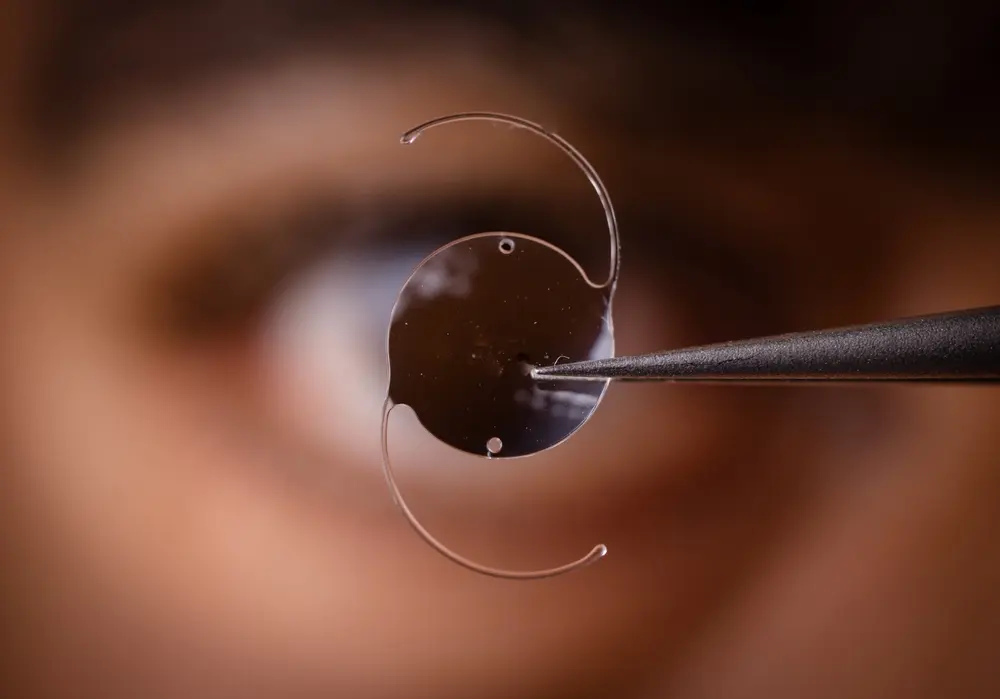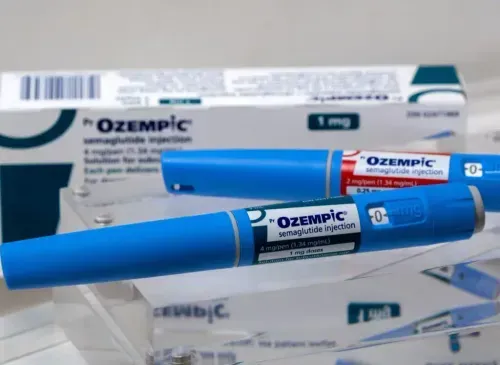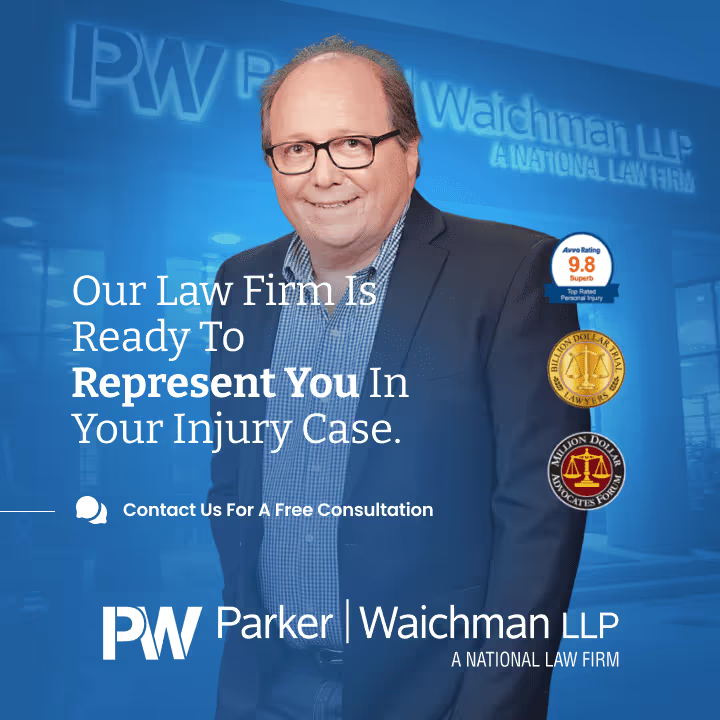Types of Car Accidents We Handle
Parker Waichman LLP represents victims in all types of motor vehicle accidents. Our attorneys have extensive experience with the unique legal and factual issues that arise in different accident scenarios.
Drunk Driving Accidents: Impaired drivers cause catastrophic collisions that result in severe injuries and deaths. We pursue claims against intoxicated drivers and hold bars and establishments liable for over-serving alcohol under dram shop laws. According to the Centers for Disease Control and Prevention (CDC), alcohol-impaired driving fatalities account for approximately one-third of all traffic deaths. Our drunk driving accident attorneys have successfully recovered millions for victims of impaired drivers.
Uninsured Motorist Accidents: When an at-fault driver lacks insurance coverage, we pursue claims through your own uninsured motorist coverage or identify other responsible parties who can compensate you for your injuries. Uninsured motorist claims require specialized knowledge of insurance policy language and coverage limits.
Rideshare Accidents: Uber and Lyft accidents involve complex liability issues, multiple insurance policies, and corporate defendants. We navigate these complications to ensure you receive full compensation. Rideshare accident claims demand expertise in both personal injury law and transportation network company regulations.
Distracted Driving Accidents: Drivers who text, use social media, eat, or engage in other distracting activities cause preventable accidents. We hold distracted drivers accountable and pursue punitive damages when appropriate. Distracted driving cases often involve cell phone records and vehicle data analysis.
Injuries and Damages from Car Accidents
Car accident victims suffer a wide range of injuries, from minor cuts and bruises to catastrophic, life-altering conditions. The damages you can recover depend on the severity of your injuries and the circumstances of the accident. Understanding the full scope of recoverable damages is essential to ensuring fair compensation.
Common Injuries
- Traumatic brain injuries (TBI) and concussions
- Spinal cord injuries and paralysis
- Broken bones and fractures
- Internal injuries and bleeding
- Disfigurement and scarring
- Whiplash and soft tissue injuries
- Psychological trauma and PTSD
Recoverable Damages
Economic damages compensate you for quantifiable financial losses, including medical expenses, surgical costs, rehabilitation and therapy, lost wages and earning capacity, and future medical care. Non-economic damages address the non-financial impact of your injuries, including pain and suffering, emotional distress, loss of enjoyment of life, and loss of consortium. In cases involving gross negligence or intentional misconduct, punitive damages may be available to punish the wrongdoer and deter similar conduct. The American Bar Association provides guidance on calculating comprehensive damages in personal injury cases.
How We Build Your Car Accident Claim
Our approach to car accident cases combines thorough investigation, expert analysis, and aggressive advocacy. We follow a systematic process designed to maximize your recovery.
Immediate Investigation: We begin by investigating the accident scene, collecting photographs, obtaining police reports, and identifying witnesses. Early investigation preserves crucial evidence before it disappears. Our investigators work with accident reconstruction experts to establish liability and causation.
Medical Expert Consultation: We work with medical professionals to document your injuries, establish the connection between the accident and your medical conditions, and project future medical needs and costs. Our network of medical experts includes physicians, surgeons, and rehabilitation specialists.
Insurance Policy Analysis: We review all available insurance policies, including your own coverage, the at-fault driver’s coverage, and any additional policies that might apply. We identify all potential sources of compensation. Understanding insurance coverage limits is critical to maximizing your recovery.
Liability Determination: We analyze the facts and applicable law to establish liability. We determine whether the other driver violated traffic laws, failed to exercise reasonable care, or engaged in reckless conduct. Our personal injury attorneys apply decades of experience to complex liability questions.
Settlement Negotiation: We present a comprehensive demand package to the insurance company, supported by medical evidence, economic analysis, and legal arguments. We negotiate aggressively to achieve a fair settlement. Our track record demonstrates our ability to secure substantial settlements for injured clients.
Trial Preparation: If the insurance company refuses to offer adequate compensation, we prepare your case for trial. We develop trial strategy, prepare witnesses, and present compelling evidence to a jury. Our trial attorneys have successfully litigated thousands of personal injury cases before juries throughout the country.
Understanding Your Legal Rights
California law provides important protections for car accident victims. Understanding these legal principles helps you appreciate the value of your claim and the importance of legal representation.
Statute of Limitations: You have two years from the date of the accident to file a personal injury lawsuit. This deadline is critical—if you miss it, you lose your right to recover compensation. We ensure that your claim is filed within this timeframe. Under California Code of Civil Procedure § 335.1, this two-year period is strictly enforced. Contacting a car accident lawyer immediately after your accident protects your legal rights.
Pure Comparative Negligence: California follows a pure comparative negligence system. Even if you were partially at fault for the accident, you can still recover compensation. Your recovery is reduced by your percentage of fault. For example, if you were 20% at fault and your damages total $100,000, you can recover $80,000. Our personal injury lawyers work to minimize your percentage of fault and maximize your recovery.
At-Fault Insurance System: California is an at-fault state, meaning the driver responsible for the accident is liable for damages. The at-fault driver’s insurance company must compensate injured victims. This system differs from no-fault states and affects how car accident claims are pursued.
Uninsured and Underinsured Motorist Coverage: If the at-fault driver lacks insurance or carries insufficient coverage, your own uninsured/underinsured motorist coverage provides protection. We help you pursue these claims and ensure you receive full compensation from all available sources.
Punitive Damages: In cases involving gross negligence, recklessness, or intentional misconduct—such as drunk driving—you may recover punitive damages designed to punish the wrongdoer and deter similar conduct. Under California Civil Code § 3294, punitive damages are available in appropriate circumstances.
Frequently Asked Questions
Parker Waichman LLP represents car accident victims on a contingency fee basis. You pay no upfront fees, and we only collect a fee if we recover compensation for you. Our fee is a percentage of your recovery, aligned with your success. This arrangement ensures that we are motivated to maximize your compensation. Learn more about our fee structure and how we can help.
You have two years from the date of the accident to file a personal injury lawsuit. This deadline is absolute—if you miss it, you lose your right to recover compensation. We recommend contacting a car accident attorney immediately after an accident to ensure your claim is filed timely and your rights are protected.
Yes. California follows a pure comparative negligence system, allowing you to recover compensation even if you were partially responsible for the accident. Your recovery is reduced by your percentage of fault. For example, if you were 25% at fault and your damages total $80,000, you can recover $60,000. Our personal injury attorneys work to minimize your percentage of fault and maximize your recovery.
The timeline depends on the complexity of your case, the severity of your injuries, and the insurance company’s willingness to negotiate. Simple cases may settle within months, while complex cases involving serious injuries may take one to two years or longer. We keep you informed throughout the process and work efficiently to resolve your case. Our experienced attorneys have handled cases of all complexity levels.
You can recover economic damages (medical expenses, lost wages, rehabilitation costs, future medical care) and non-economic damages (pain and suffering, emotional distress, loss of enjoyment of life). In cases involving gross negligence or recklessness, punitive damages may be available. We evaluate all available damages and pursue maximum compensation.
Get Your Free Consultation Today
If you have been injured in a car accident, you deserve experienced legal representation. Parker Waichman LLP offers free consultations to discuss your case, answer your questions, and explain your legal options. We work on a contingency fee basis, meaning you pay nothing unless we recover compensation for you.
Contact Parker Waichman LLP today to schedule your free consultation. Call us at (516) 466-6500 or request a consultation online. Our experienced car accident attorneys are ready to fight for the compensation you deserve.













































